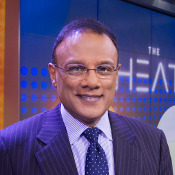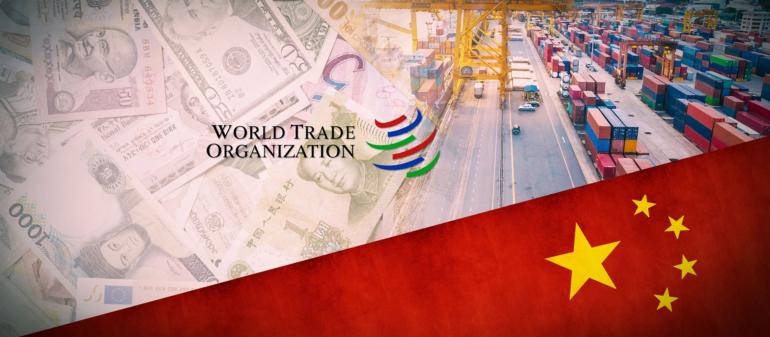The United States has long complained that too many members of the World Trade Organization define themselves as developing countries and is seeking a review.
Currently, two-thirds of the 164 members, including China, enjoy preferential trade treatment by designating themselves a developing country in the WTO. The status allows China to provide subsidies in agriculture and set higher barriers to market entry for more developed countries. And it gives Beijing more time to implement any agreement.
Gao Feng, a spokesman for the Ministry of Commerce, said China’s position is clear:
“China is the largest developing country in the world. We do not shy away from our international responsibilities and are willing to assume obligations in the WTO that are compatible with our own economic development level and capabilities.”
To discuss all of this:
- John Gong is a professor of economics at the University of International Business and Economics.
- Yan Liang is an associate professor of economics at Willamette University.
- Shada Islam is the director of Europe and Geopolitics at Friends of Europe, an independent think tank in Brussels.
- Joel Trachtman is a professor of international law at the Fletcher School of Law and Diplomacy at Tufts University.
For more:
Need simple information on how the WTO works? Start here with our updated primer: https://t.co/1lOR0ROddq pic.twitter.com/alaP2qQvvx
— WTO (@wto) April 17, 2019
We are launching a public consultation on countermeasures for US product following up the WTO ruling on Boeing subsidies.
European companies must be able to compete on fair and equal terms.
We believe that dialogue should prevail.
More info → https://t.co/vKOUq0QbON pic.twitter.com/mTQcjbNeic— European Commission (@EU_Commission) April 17, 2019
Australia’s ban on 5G tech ‘obviously discriminative’, China says https://t.co/UYjBISYWR9
— South China Morning Post (@SCMPNews) April 13, 2019
 CGTN America
CGTN America

